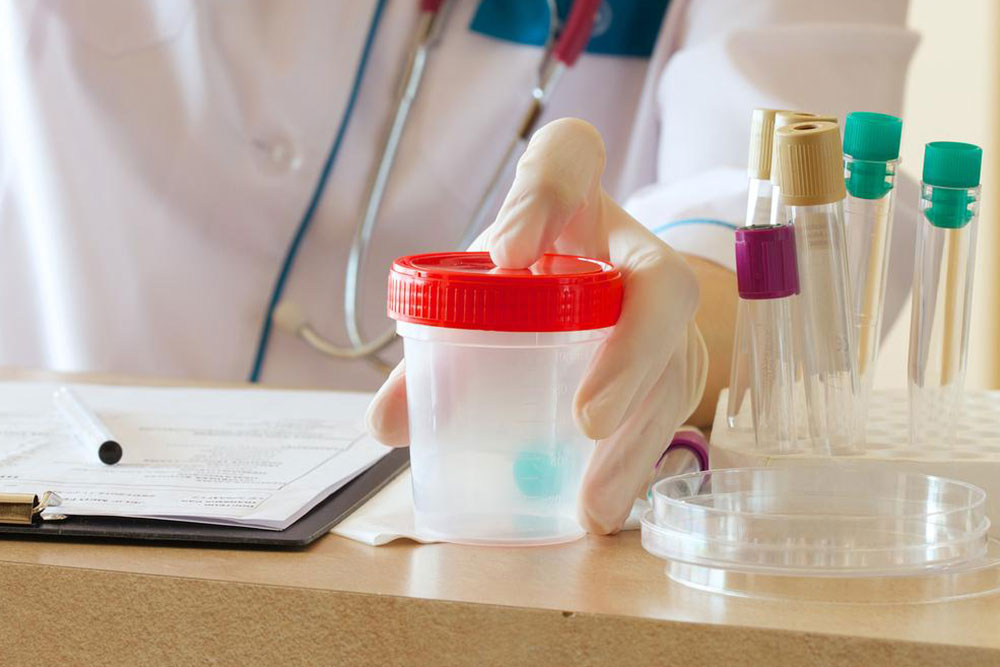Comprehensive Dietary Strategies for Effectively Managing Kidney Disease
Effective management of kidney disease relies heavily on a tailored diet that minimizes kidney workload, controls blood pressure and blood sugar, and balances essential minerals. This comprehensive guide discusses foods to avoid and include, emphasizing moderation and proper nutritional choices. Implementing these dietary strategies can slow disease progression, prevent complications, and enhance overall health. Consulting healthcare professionals for personalized advice is highly recommended for those with kidney impairment to optimize health outcomes through diet.

Comprehensive Dietary Strategies for Effectively Managing Kidney Disease
The health and proper functioning of your kidneys are paramount for overall well-being. These vital organs are responsible for filtering out waste products from your bloodstream, maintaining fluid and electrolyte balance, and producing hormones that regulate blood pressure, stimulate red blood cell production, and manage mineral metabolism. Located beneath your liver, each kidney is roughly the size of a fist and has a crucial role in maintaining internal harmony. When these organs operate optimally, they ensure the body's internal environment remains stable. However, when kidney function is compromised, it can lead to complex health issues requiring intervention and careful management, especially through diet.
Understanding Kidney Impairment and Its Causes
Kidney impairment occurs when the organs can no longer perform their filtering and regulatory functions efficiently. This decline can be sudden or gradual, leading to conditions such as chronic kidney disease (CKD) or acute kidney injury (AKI). Various factors contribute to kidney damage, including chronic illnesses like diabetes mellitus and hypertension, which impair blood flow to the kidneys. Infections such as sepsis can directly damage renal tissues, while lifestyle choices—including excessive alcohol consumption, drug abuse, exposure to toxins, and physical trauma—also play a significant role. These issues can disrupt the delicate balance of minerals and hormones maintained by the kidneys.
When kidney function declines, waste products like urea and creatinine begin accumulating in your bloodstream, manifesting noticeable symptoms such as swelling in the extremities (edema), nausea, fatigue, shortness of breath, and sleep disturbances. If untreated or unmanaged, deteriorating kidney health can progress to end-stage renal disease (ESRD), necessitating dialysis or kidney transplantation. Hence, understanding the importance of diet and lifestyle modifications is critical for those at risk or diagnosed with kidney disease.
Dietary management is a cornerstone in preserving remaining kidney function and preventing further deterioration. Proper nutritional intake supports the body's overall health while minimizing stress on compromised renal systems. This involves adopting specific dietary guidelines aimed at reducing toxin buildup, controlling blood pressure, managing blood sugar levels, and balancing mineral consumption.
Key Dietary Considerations for Kidney Disease Patients
Patients with impaired kidney function must be vigilant about their diet, which often means adjusting intake to limit certain nutrients that can exacerbate kidney stress. The goal is to eat in a way that reduces the workload of the kidneys but still provides adequate nutrition for overall health.
Foods to Limit or Avoid
Fast Food and Processed Snacks
Fast food options are generally high in unhealthy fats, excessive salt, and refined sugars. These foods contribute to increased blood pressure and promote obesity, both of which are risk factors for worsening kidney function. Additionally, processed foods often contain preservatives and additives that can put additional strain on the kidneys, making them a poor choice for individuals with existing kidney issues.
Sodium Intake
Excessive salt consumption leads to elevated blood pressure and fluid retention, both of which can accelerate kidney damage. Patients are advised to limit salt intake by avoiding table salt, canned foods, and salty snacks. Using herbs and spices as seasoning alternatives can help enhance flavor without adding sodium.
Sugar and Simple Carbohydrates
High sugar consumption increases the risk of developing or worsening diabetes—a principal cause of kidney disease. Managing sugar intake is essential for preventing further damage. Processed sugary foods, candies, sugary beverages, and baked goods should be minimized or eliminated from the diet.
Full-Fat Milk and Dairy
Whole milk and full-fat dairy products contain high levels of phosphorus and potassium, minerals that need to be restricted in kidney disease. Excess phosphorus can lead to bone complications, while elevated potassium levels can cause dangerous heart rhythms.
Foods to Incorporate in a Kidney-Friendly Diet
Low-Protein Food Sources
In kidney impairment, excess protein intake can produce nitrogen waste that overburdens the already compromised kidneys. Therefore, choosing low-protein options such as bread, rice, corn, raisins, onions, mushrooms, and carrots allows for nutritional intake without excessive renal strain. Portion control and moderation are essential to balance protein needs with kidney safety.
Low-Carbohydrate and Blood Sugar-Friendly Choices
To better manage blood sugar levels and prevent diabetic complications, prefer nuts, seeds, and non-starchy vegetables like bell peppers, spinach, cauliflower, and zucchini. Avoiding simple sugars and highly refined carbohydrates helps maintain stable glucose levels, reducing additional stress on the kidneys.
Egg Whites and Protein Alternatives
Egg whites are a high-quality protein source that provides essential amino acids with fewer minerals like phosphorus and potassium, making them suitable for renal diets. Incorporating egg whites into meals helps meet protein requirements without exceeding kidney-friendly mineral levels.
Cottage Cheese and Dairy Substitutes
Cottage cheese, especially in small portions, offers protein with limited carbohydrates, fitting well into the dietary plans of those managing both kidney disease and diabetes. Alternative dairy products with reduced phosphorus and potassium may also be recommended.
In addition to food choices, monitoring and restricting the intake of potassium and phosphorus-rich foods such as nuts, dried fruits, and certain beans can help prevent mineral imbalances. Adequate hydration, but not excessive fluid intake, also plays an important role in kidney health management. Regular consultation with a healthcare professional or a registered dietitian is crucial for personalized dietary planning and ongoing health monitoring.





